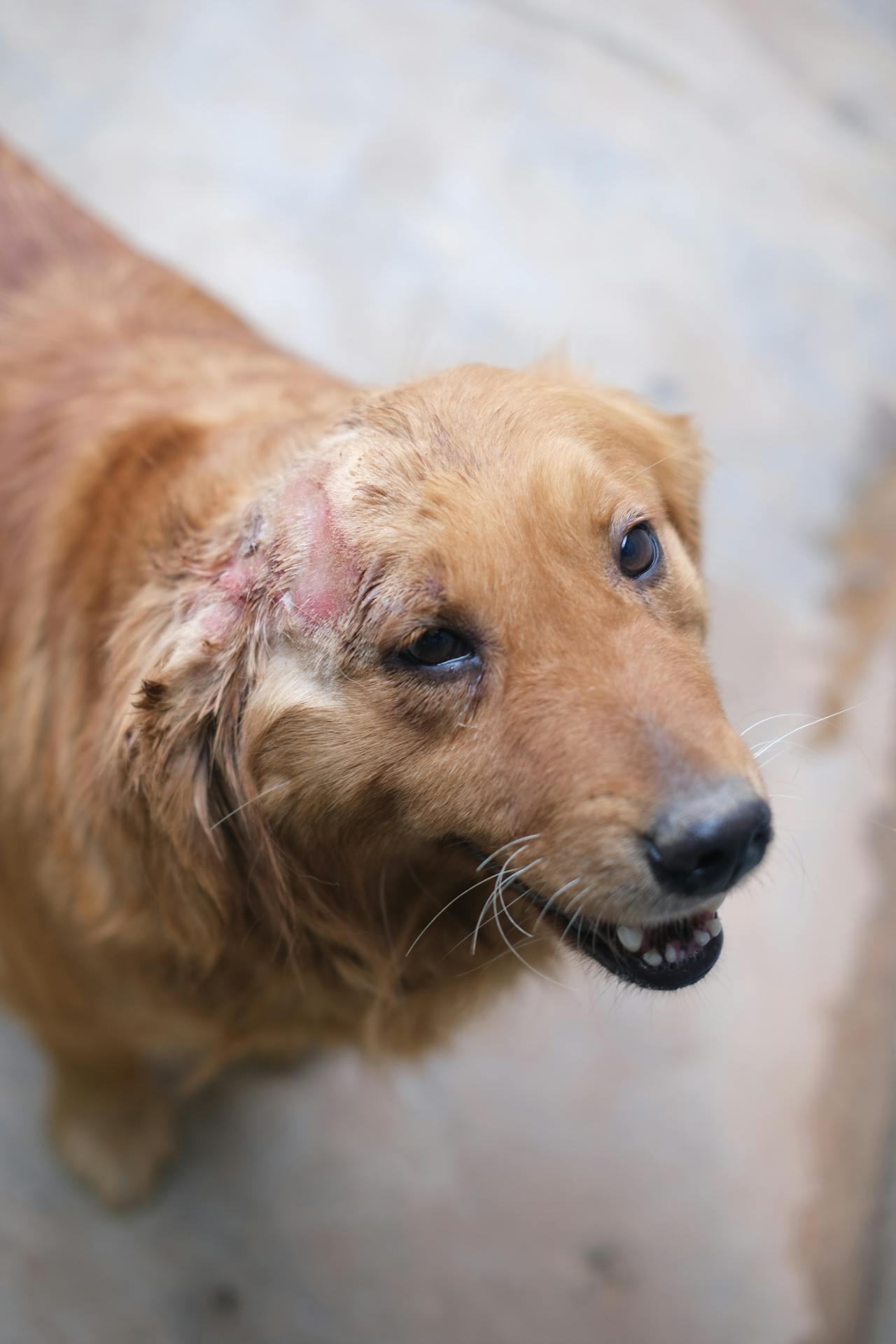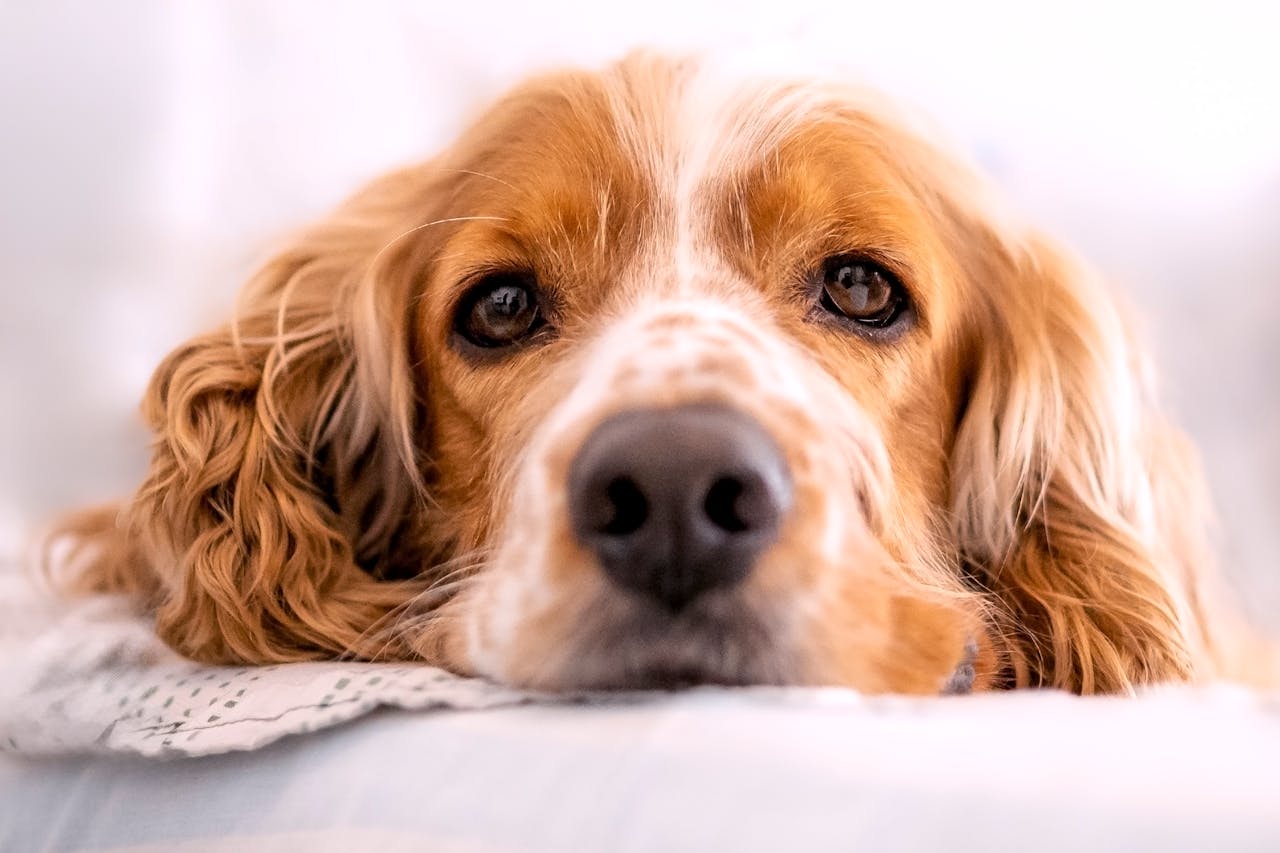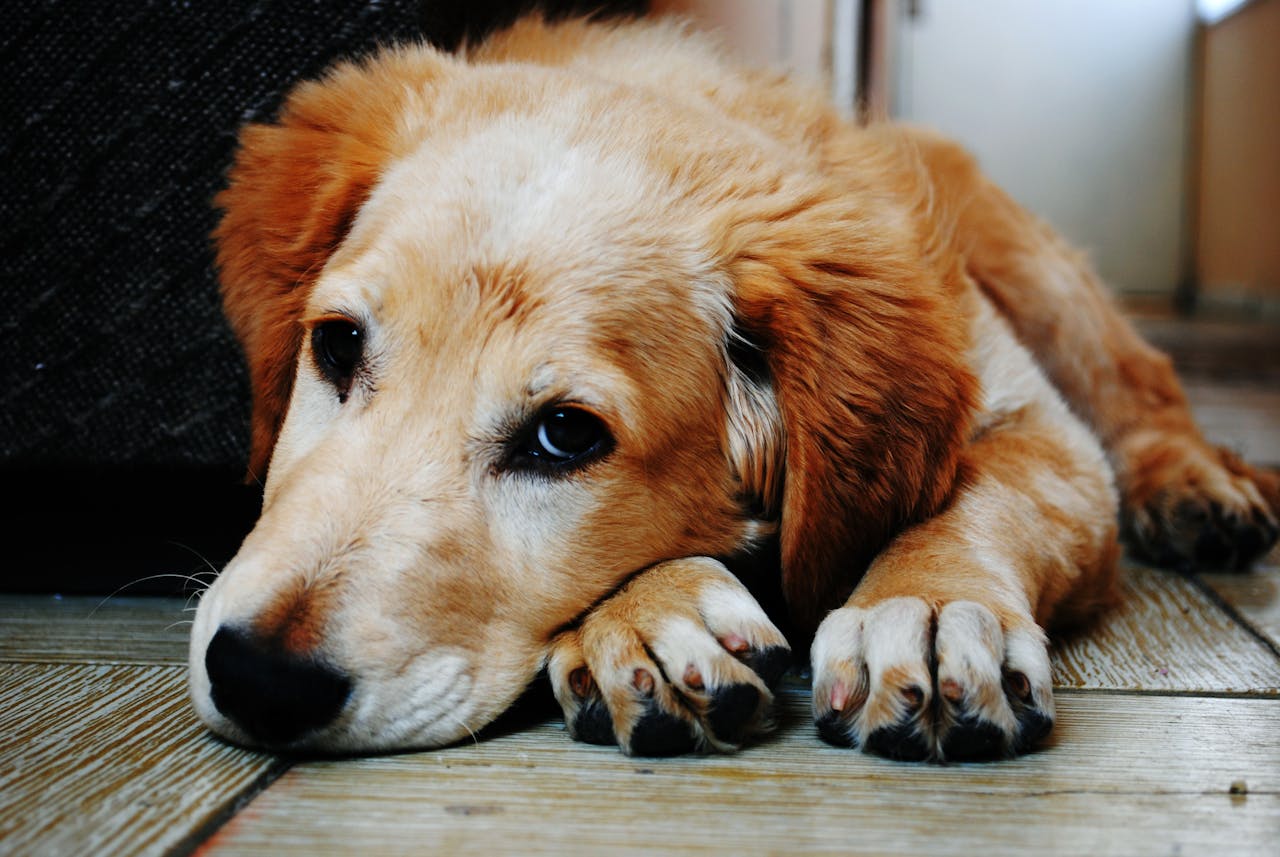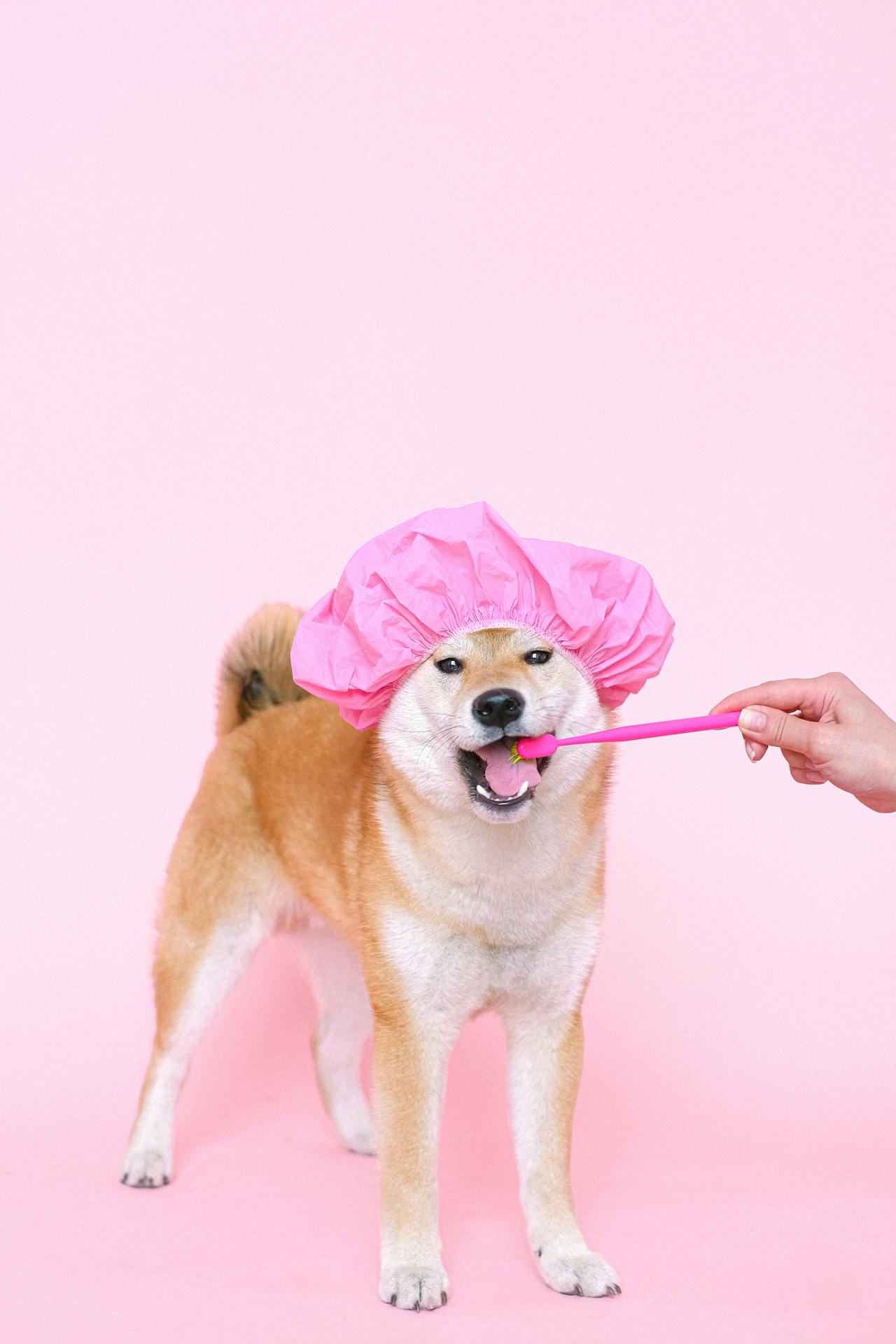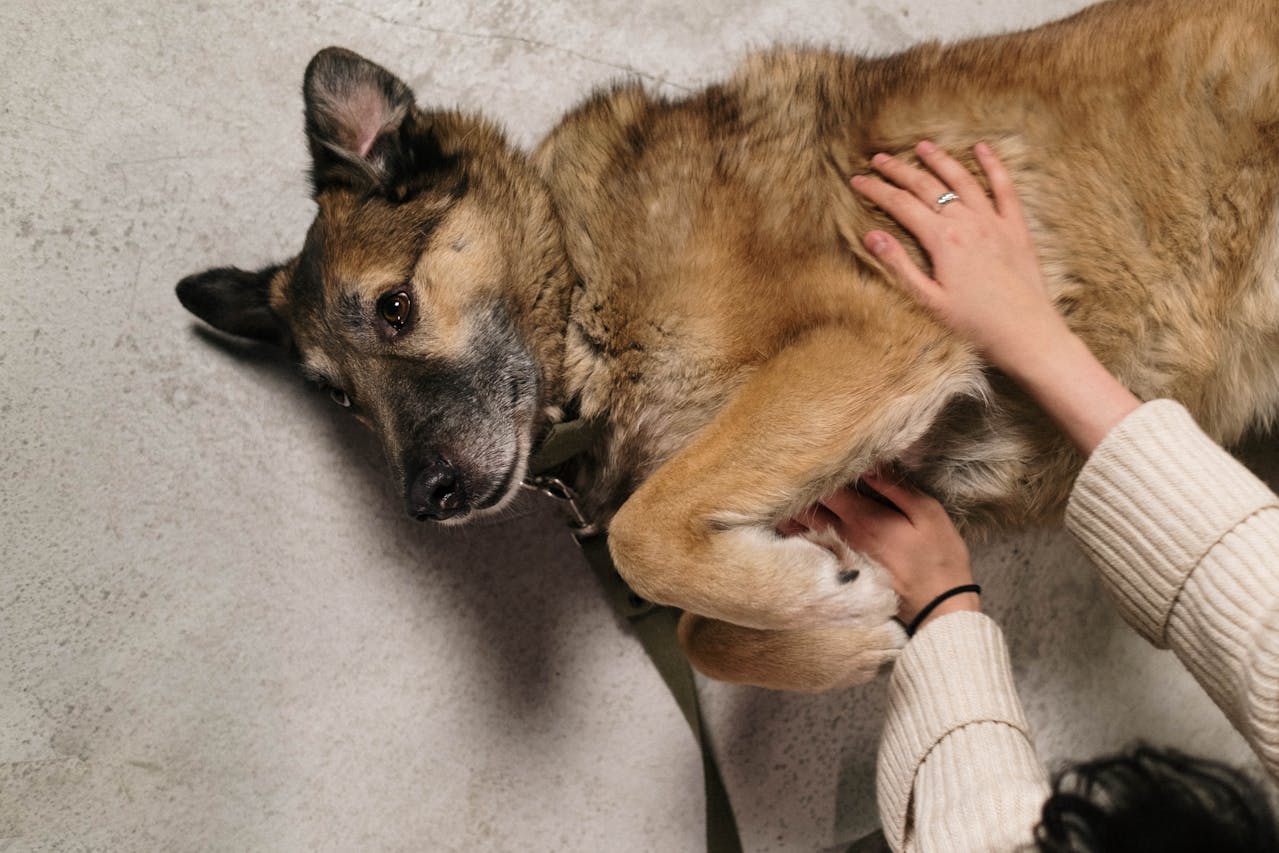Why Is My Dog Pooping in the House? (And What You Can Do About It)
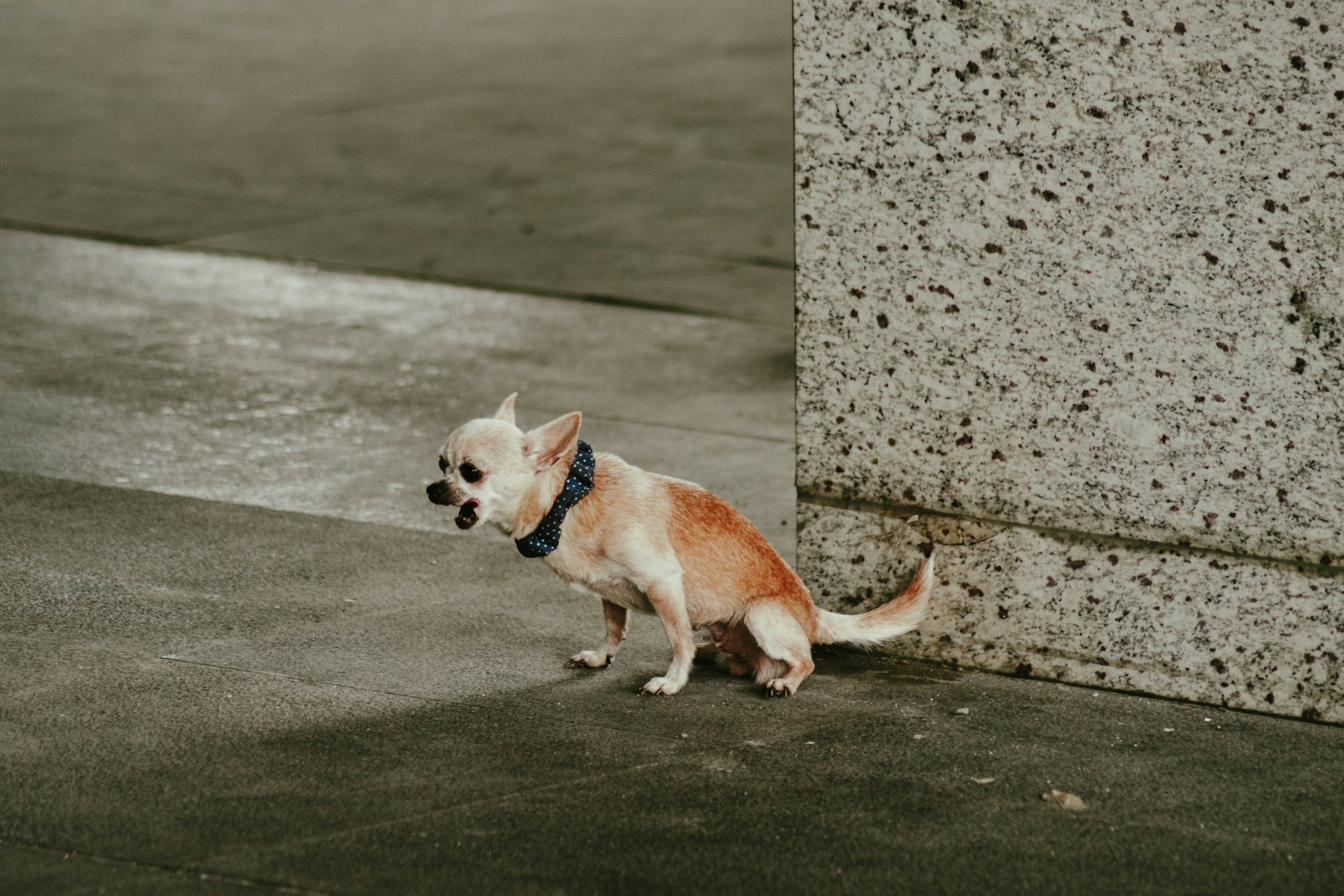
The good news is you're not alone, and this is often a solvable issue. Once you understand why it’s happening, you can take steps to help your dog get back on track. In this article, we’ll look at the most common reasons dogs poop in the house and how to handle each situation.
Common Reasons Dogs Poop Indoors
Health Issues
If your dog suddenly starts having accidents, health problems could be the cause. Gastrointestinal issues like infections or parasites can make it difficult for dogs to control their bowels.
Parasites such as roundworms or hookworms are often picked up from contaminated soil, other dogs, or shared outdoor spaces. These parasites cause irritation in the intestines, which can lead to diarrhea or urgent bowel movements.
If the poop looks abnormal or the behavior seems out of the blue, schedule a vet visit as your first step.
Food Sensitivities or Allergies
Some dogs struggle with certain ingredients in their food. If they’re having more frequent bowel movements, loose stools, or excess gas, their diet could be to blame.
Common triggers include proteins like beef, chicken, and lamb, as well as dairy or wheat. Talk to your vet if you suspect food might be the issue. They may recommend an elimination diet or a specialized food plan.
Separation Anxiety
Changes in your schedule or time spent at home can cause stress, especially for dogs that are used to being around you most of the day. Dogs with separation anxiety often struggle when left alone. They may poop indoors, bark excessively, chew on furniture, or pace around the house.
If your dog seems anxious when you're getting ready to leave—such as when you grab your keys or put on your shoes—this could be a clue.
Fear or Anxiety Outside
Not all dogs are comfortable doing their business outside. Loud noises like traffic, thunder, fireworks, or even the presence of strangers or other animals can make some dogs nervous.
If your dog holds it outside and only relieves themselves once they’re back indoors, this fear might be the reason.
Being Distracted
Dogs are naturally curious and often get distracted by the world around them. If they spend their outdoor time sniffing around rather than focusing on going potty, they might forget what they were out there to do.
When they come back inside and relax, they may suddenly realize they still need to go.
Changes in Routine
Dogs thrive on routine. A sudden change in their walking, feeding, or sleeping schedule can throw them off balance, even if they’ve been house-trained for years.
This is especially common in recently adopted dogs or those adjusting to a new home environment.
Aging and Cognitive Decline
As dogs grow older, they can experience cognitive changes similar to dementia in humans. This can affect their ability to remember their training or signal when they need to go out.
Older dogs may also have joint pain or mobility issues that make it harder to get outside in time. These changes can lead to more frequent accidents.
Sudden Diet Changes
If you recently switched your dog’s food or gave them a new treat, their stomach might be reacting to the change. A dog’s digestive system is sensitive to sudden shifts in diet, which can lead to loose stools or accidents.
Even sneaking something from the trash can cause problems.
What You Can Do to Help
Visit Your Vet
If your dog is having repeated accidents, it’s important to rule out medical issues first. Your vet can test for parasites, allergies, or digestive problems and provide treatment as needed.
They might also recommend adding probiotics or switching to a special diet, depending on the cause.
Address Anxiety
If your dog is dealing with anxiety, whether it’s general stress, separation anxiety, or fear of going outside, there are ways to help.
Behavioral training and desensitization exercises can make a big difference over time. You can also explore calming aids like pheromone diffusers or anxiety supplements. If your dog’s stress is more severe, talk to your vet about more advanced treatment options or working with a veterinary behaviorist.
Support Older Dogs
If your dog is getting older, they might need more help managing pain or memory loss. A vet can assess for joint issues or signs of cognitive decline and may suggest medications or dietary changes that support brain and joint health.
Consider offering more frequent potty breaks and ensuring that the path outside is easy for your dog to navigate.
Keep Potty Time Focused
If your dog tends to get distracted, try taking them outside as soon as you get home and waiting quietly until they go. Once they’ve done their business, reward them with praise or a small treat.
Only then should you move on to playtime or walks. This helps them associate outdoor time with going potty first.
Change Food Gradually
If you need to switch your dog’s food, always do it slowly over about a week. Start by mixing in a small amount of the new food with their current food, gradually increasing the ratio until the switch is complete.
This helps avoid upsetting their stomach and reduces the risk of accidents.
Clean Up Properly
When accidents happen, use an enzymatic cleaner to clean the area. These cleaners break down the scent molecules in urine and feces, which discourages your dog from returning to the same spot.
Final Thoughts
Accidents are frustrating, but they’re almost always a sign that something else is going on. Whether it’s health, stress, routine changes, or aging, your dog isn’t doing it out of spite.
With patience, observation, and a little help from your vet, you can figure out what’s causing the issue and get your dog back on track. And remember—no punishment is necessary. Your pup needs support, not scolding.
They’re doing their best, and with your help, they’ll get through it.
Get insurance plans with wide-ranging coverage options








